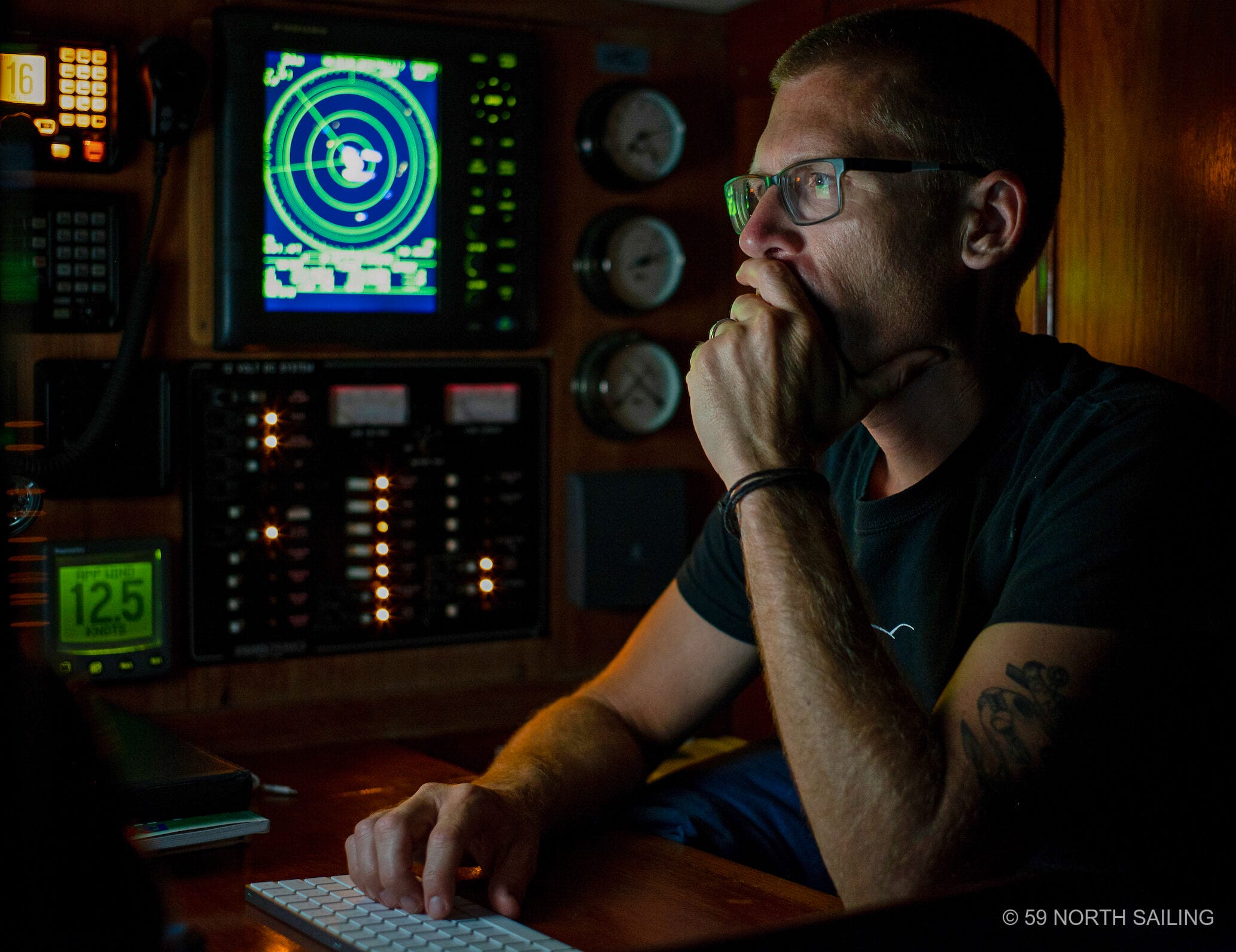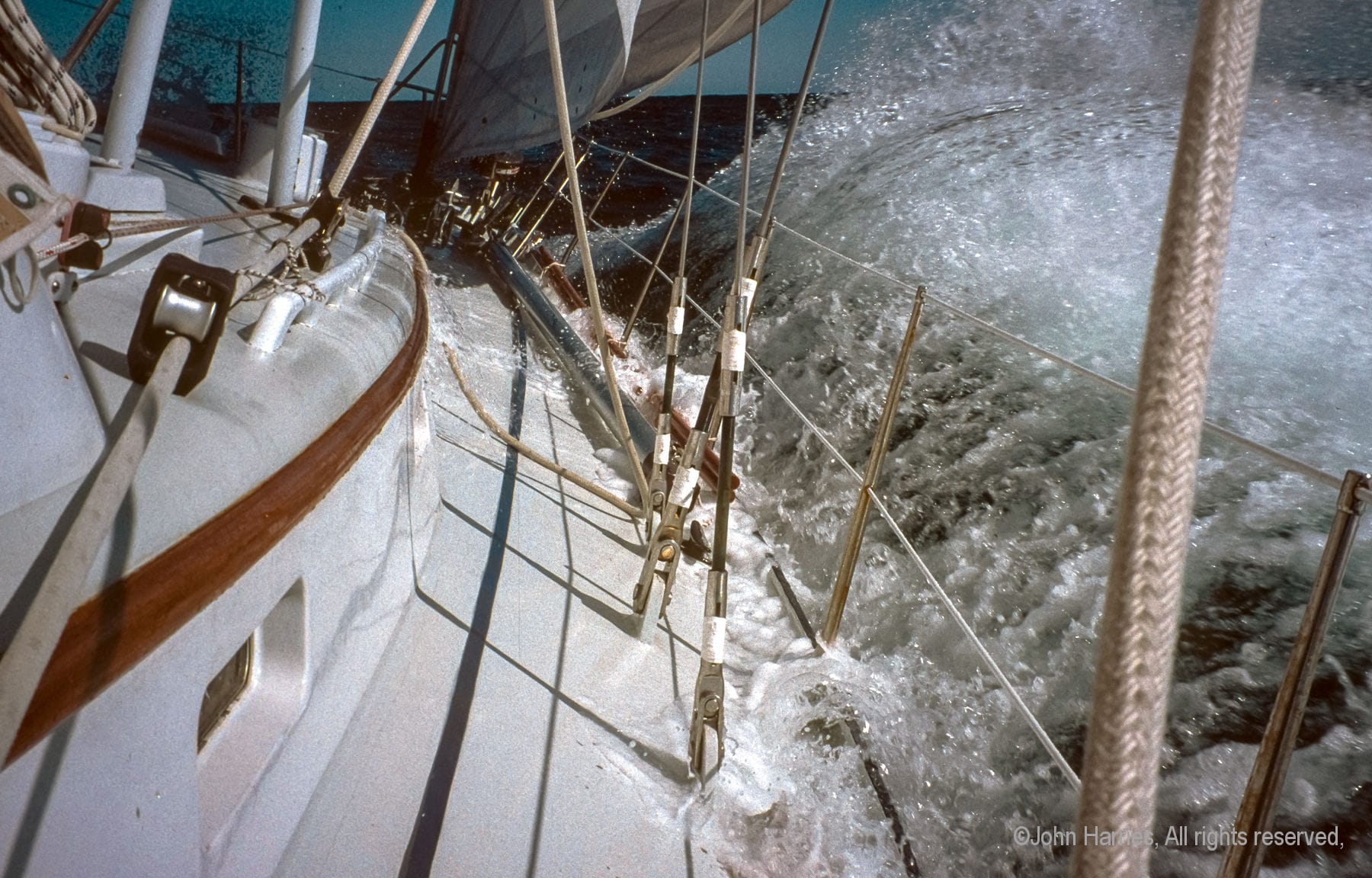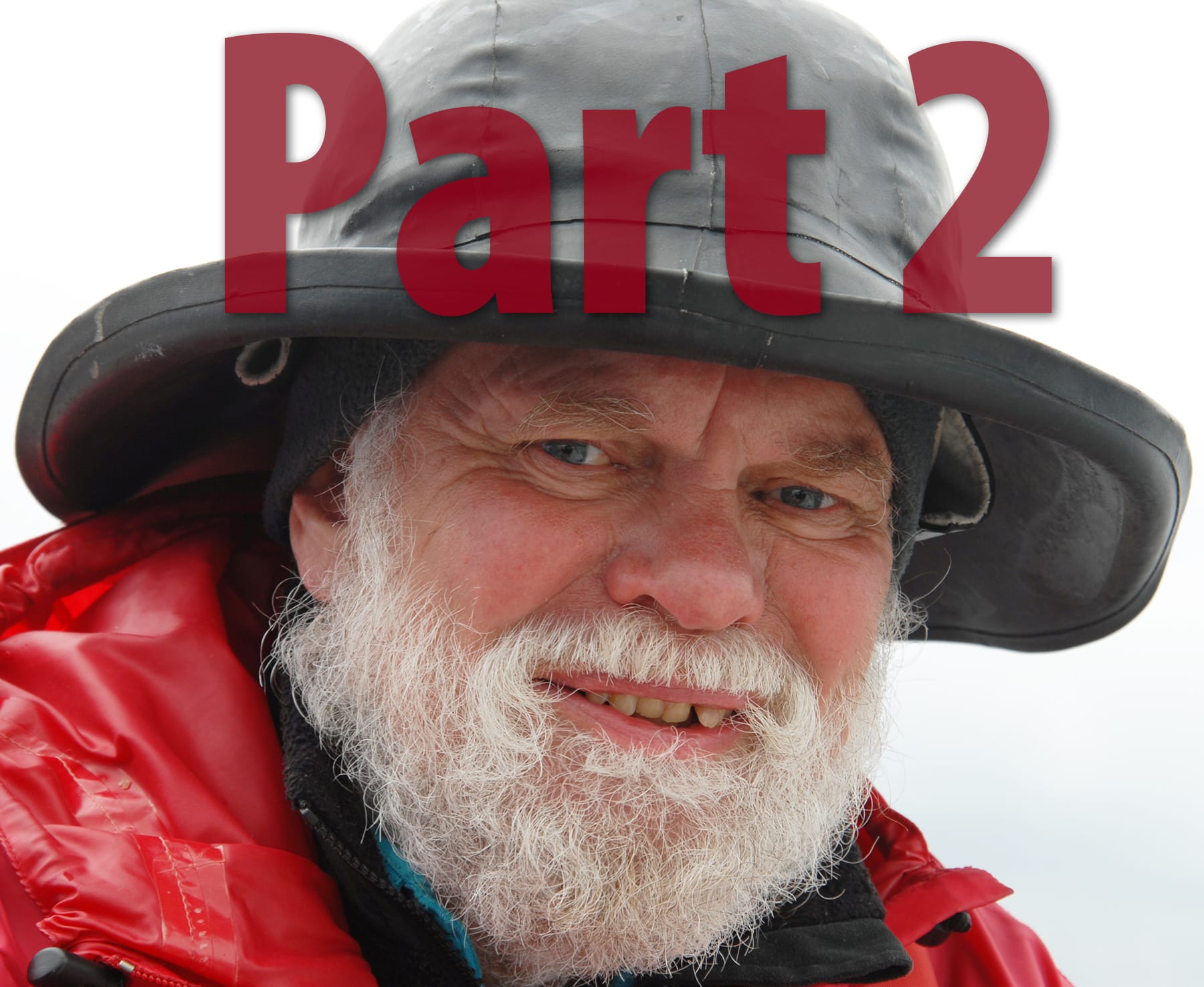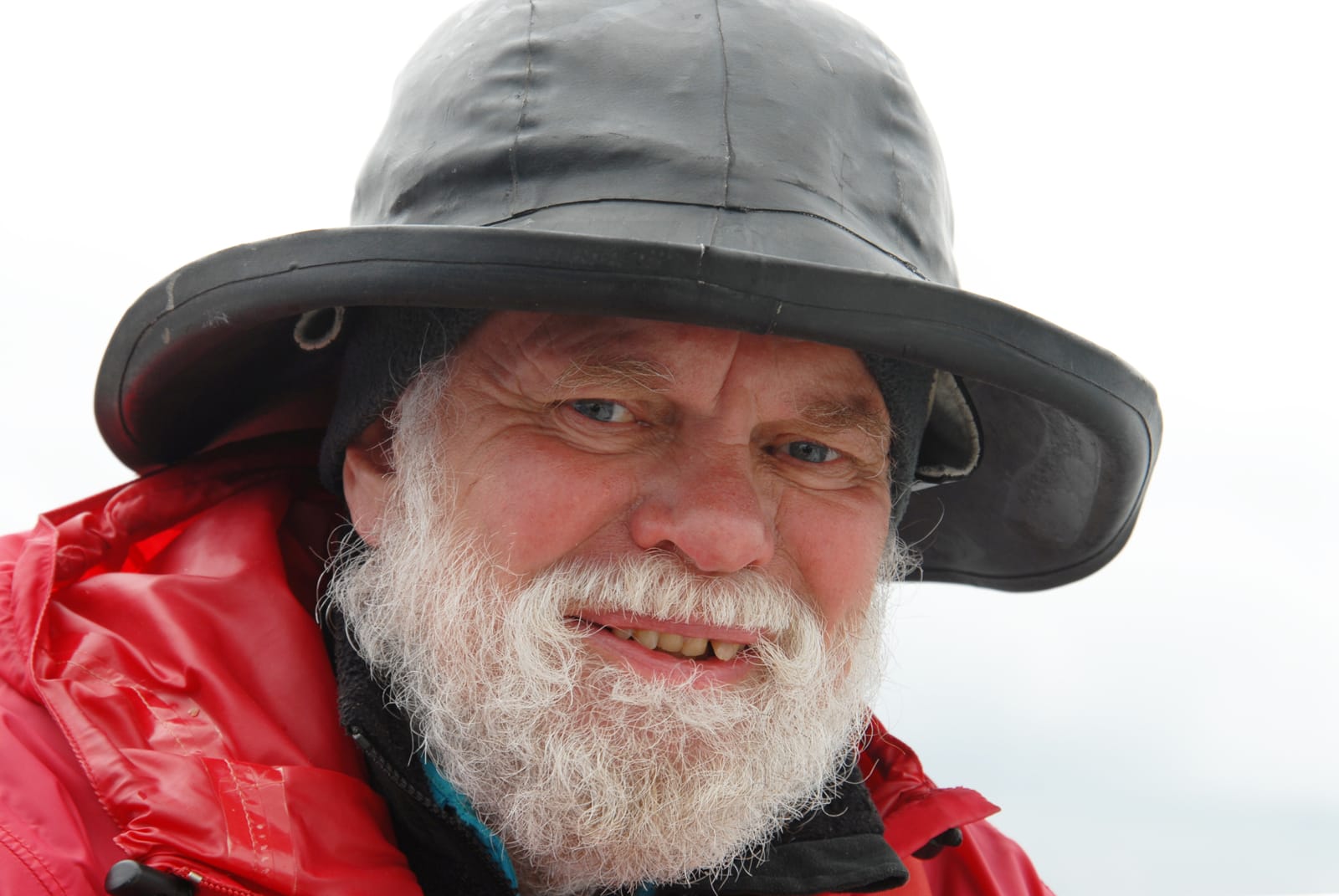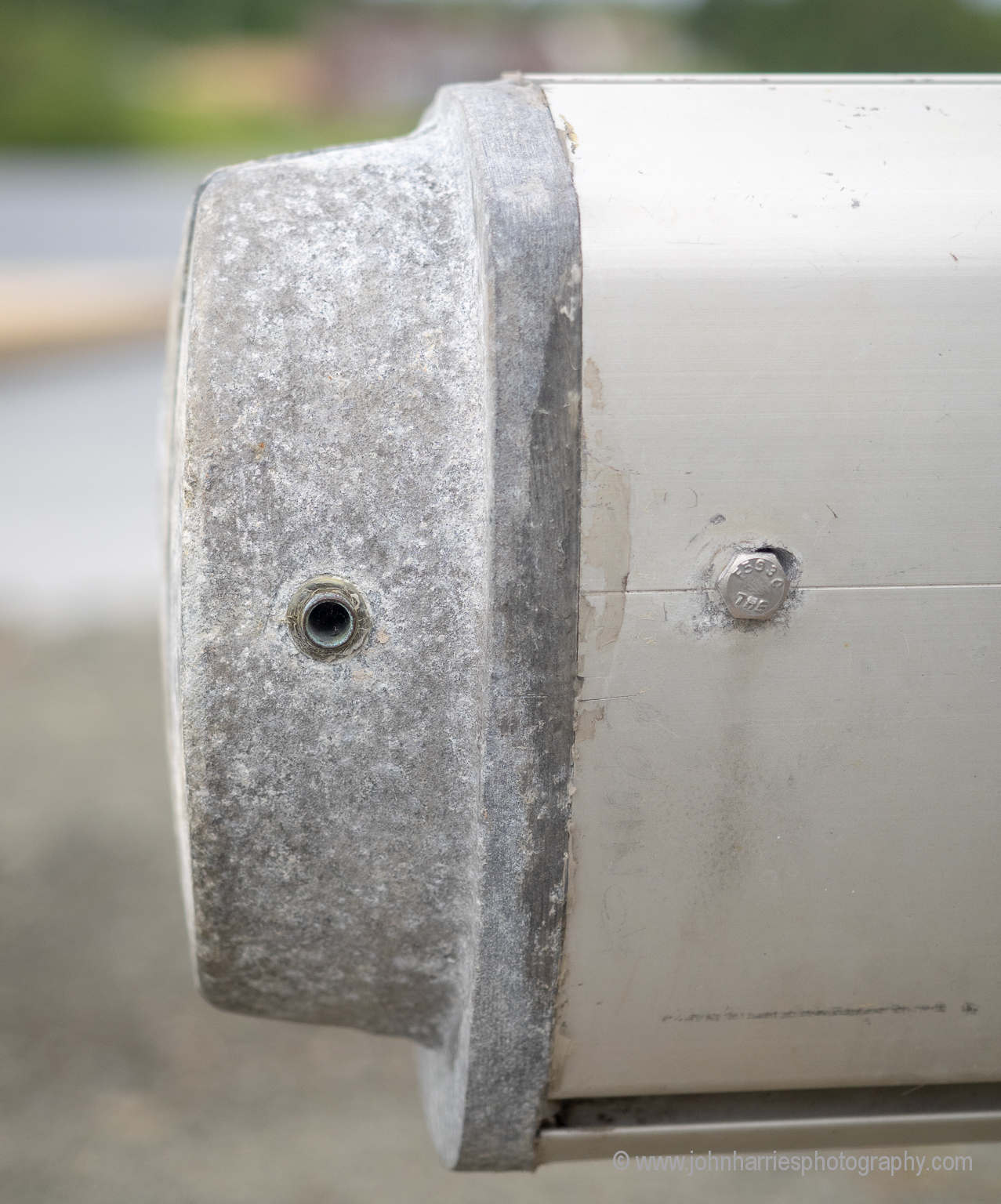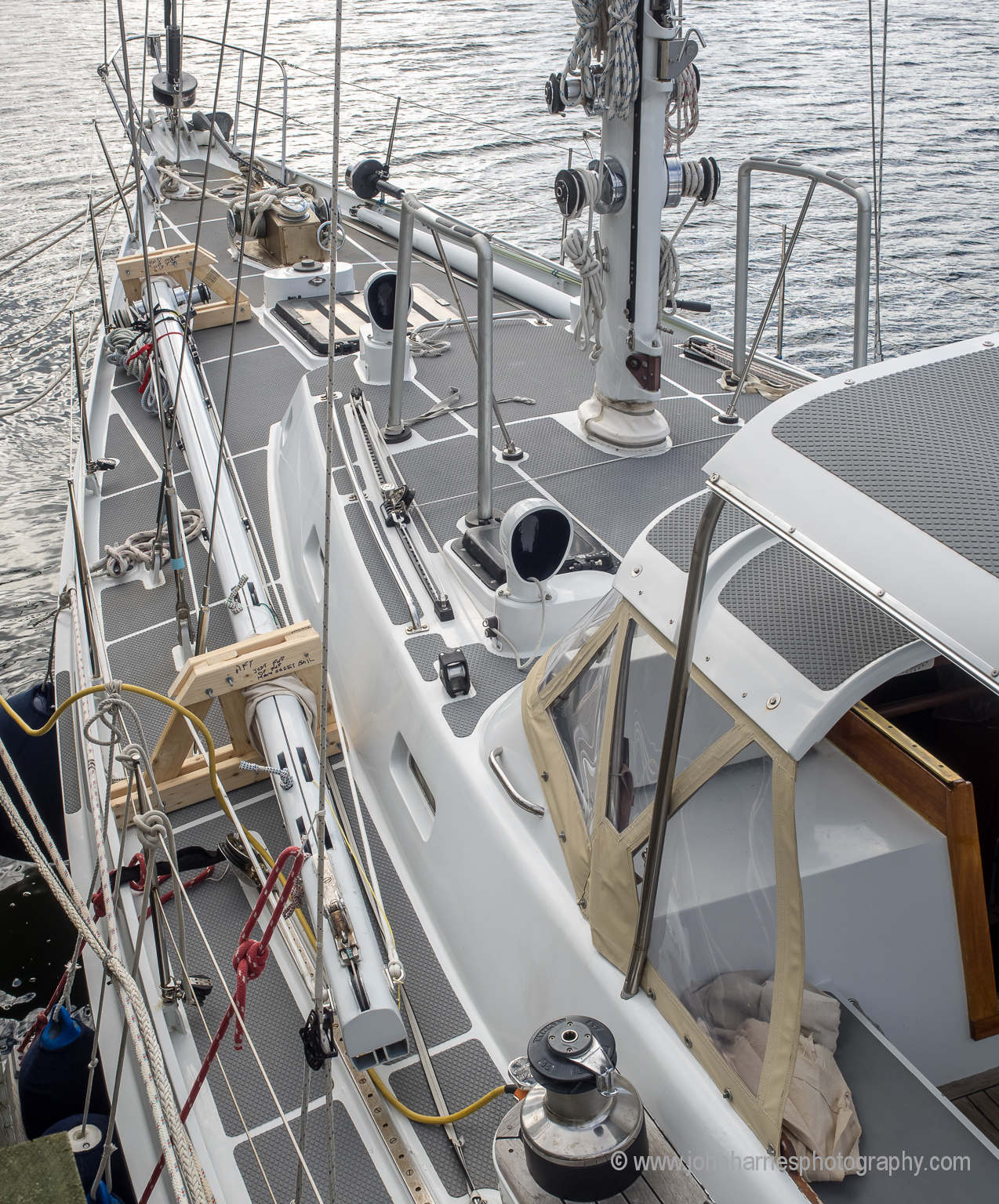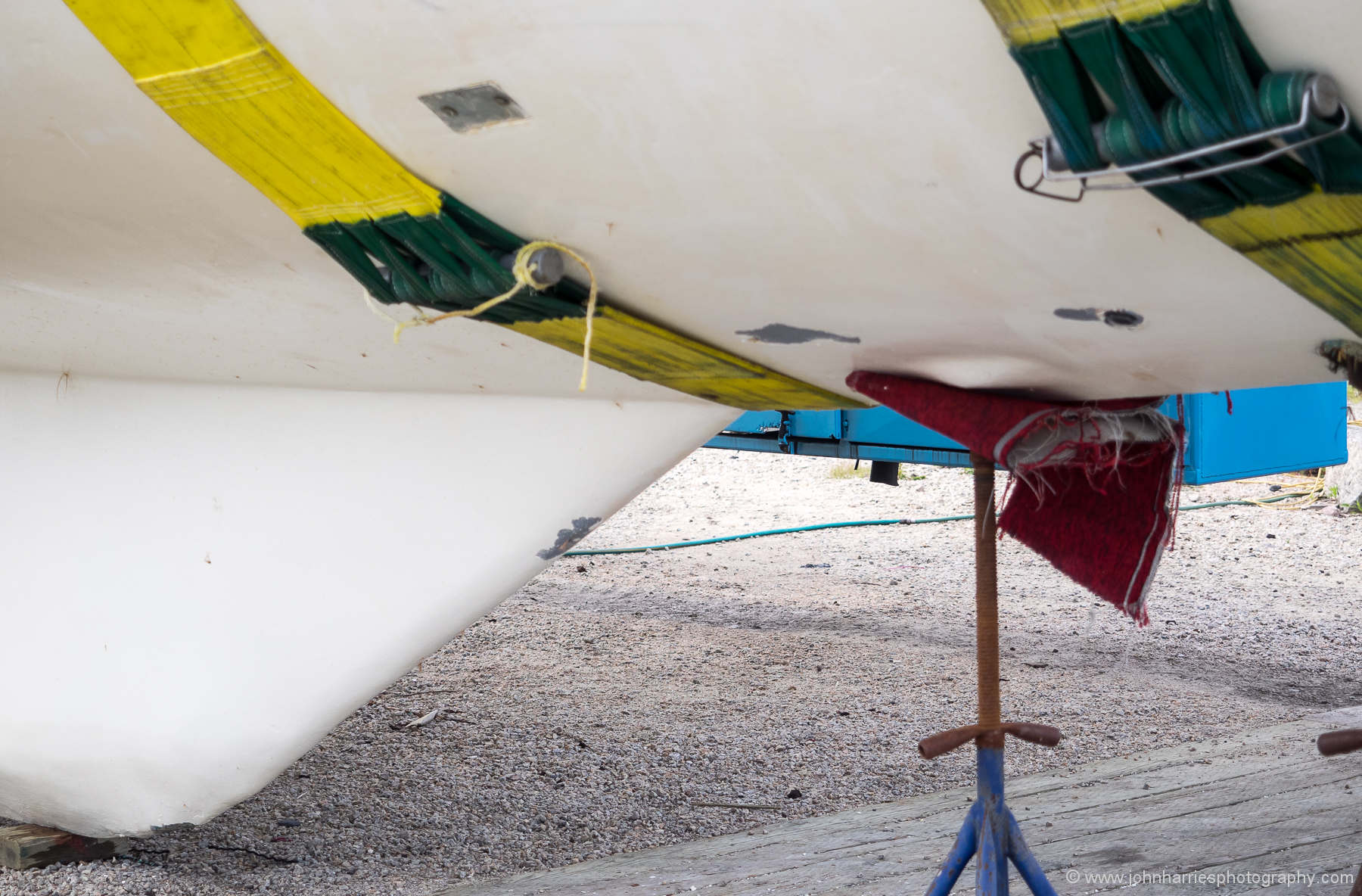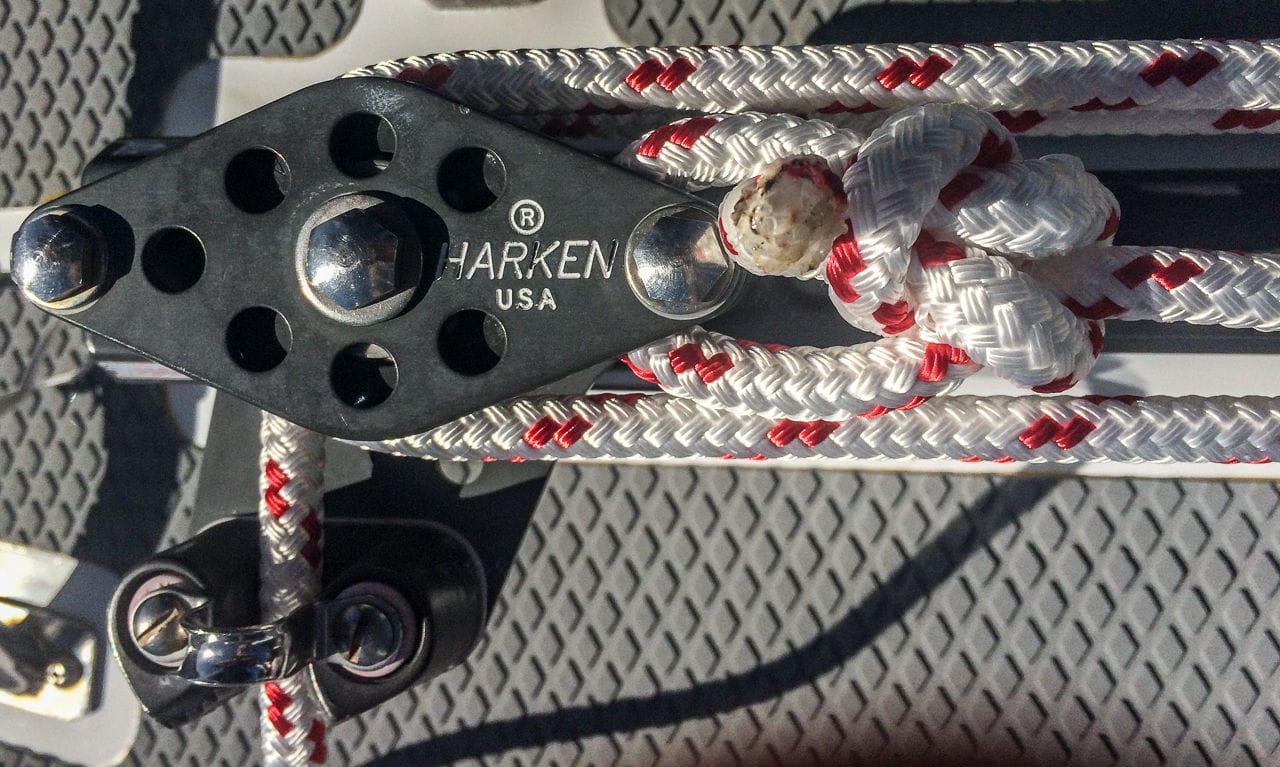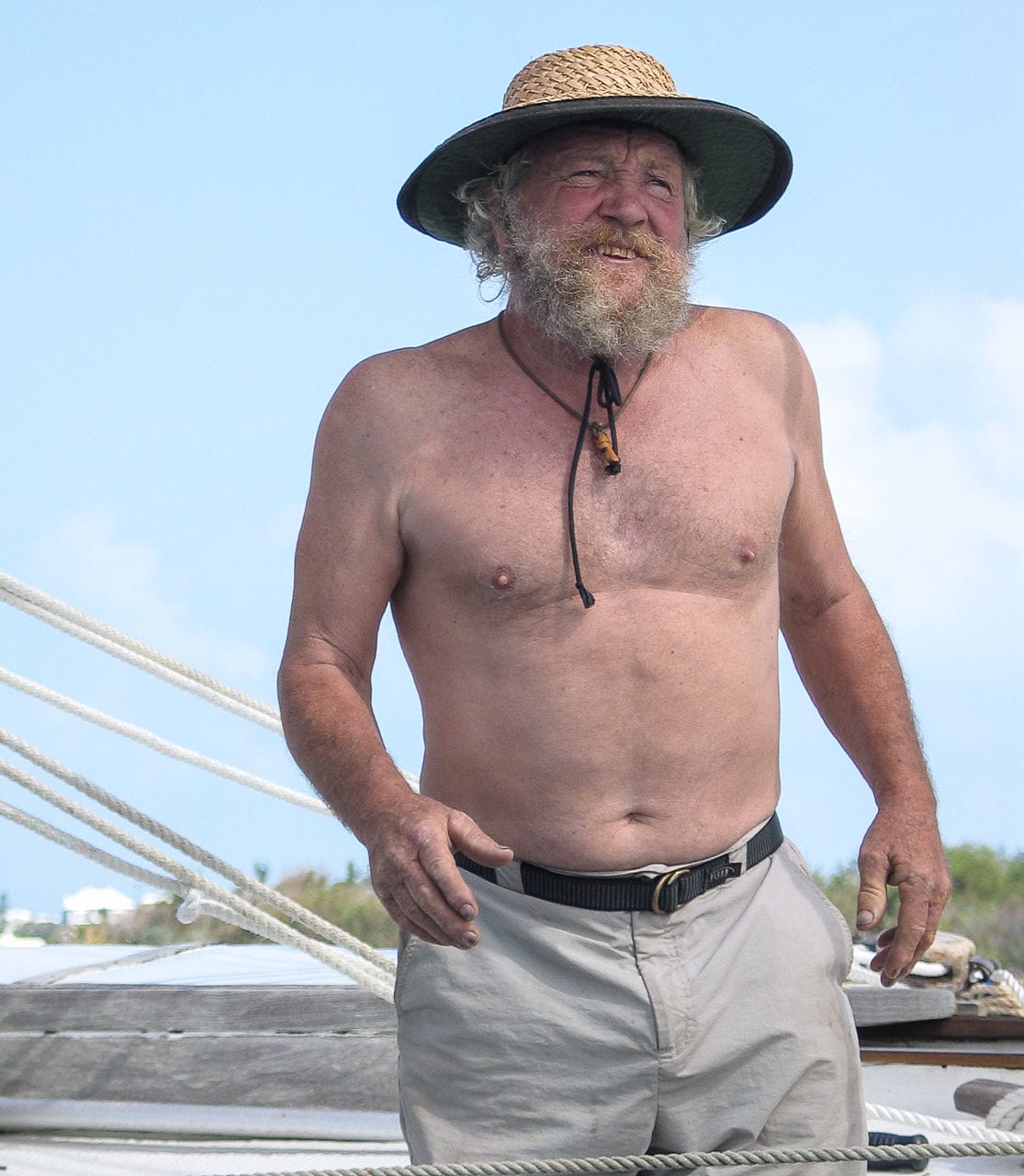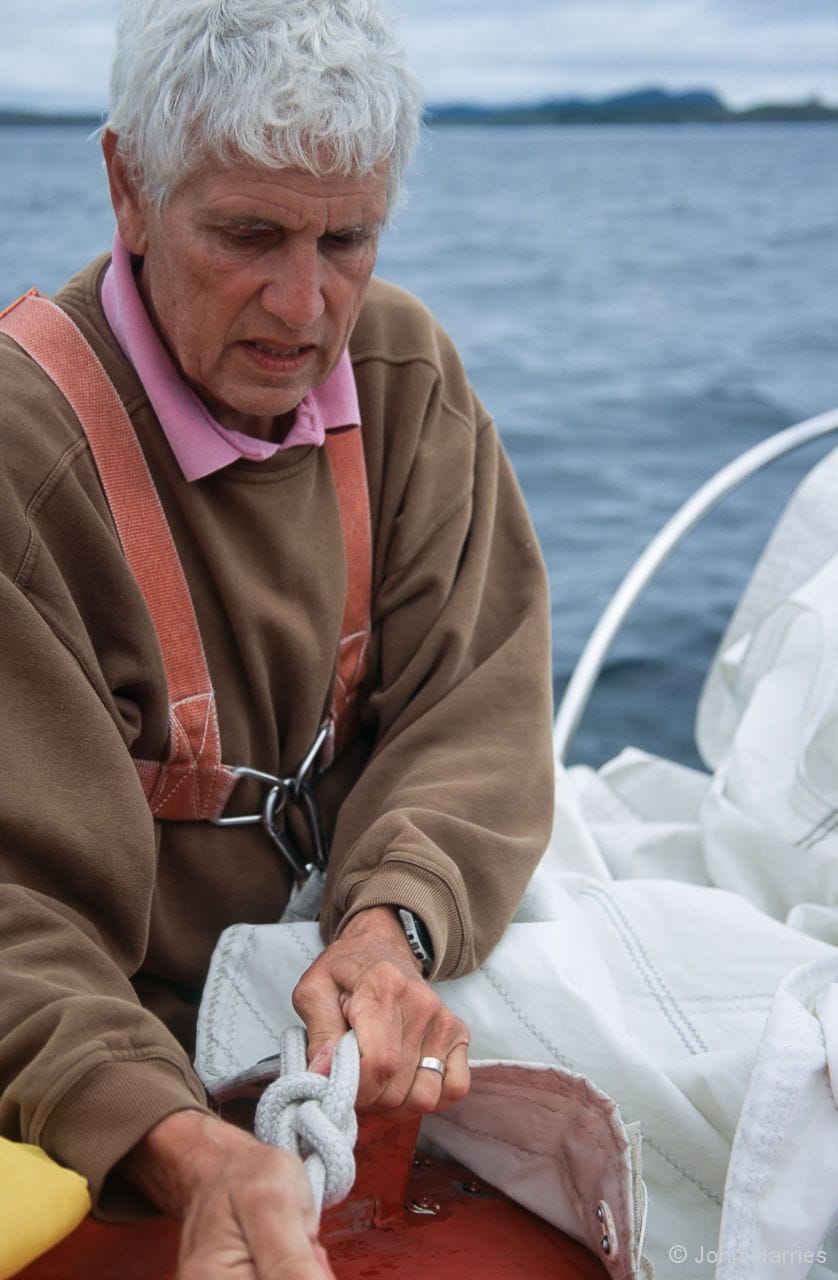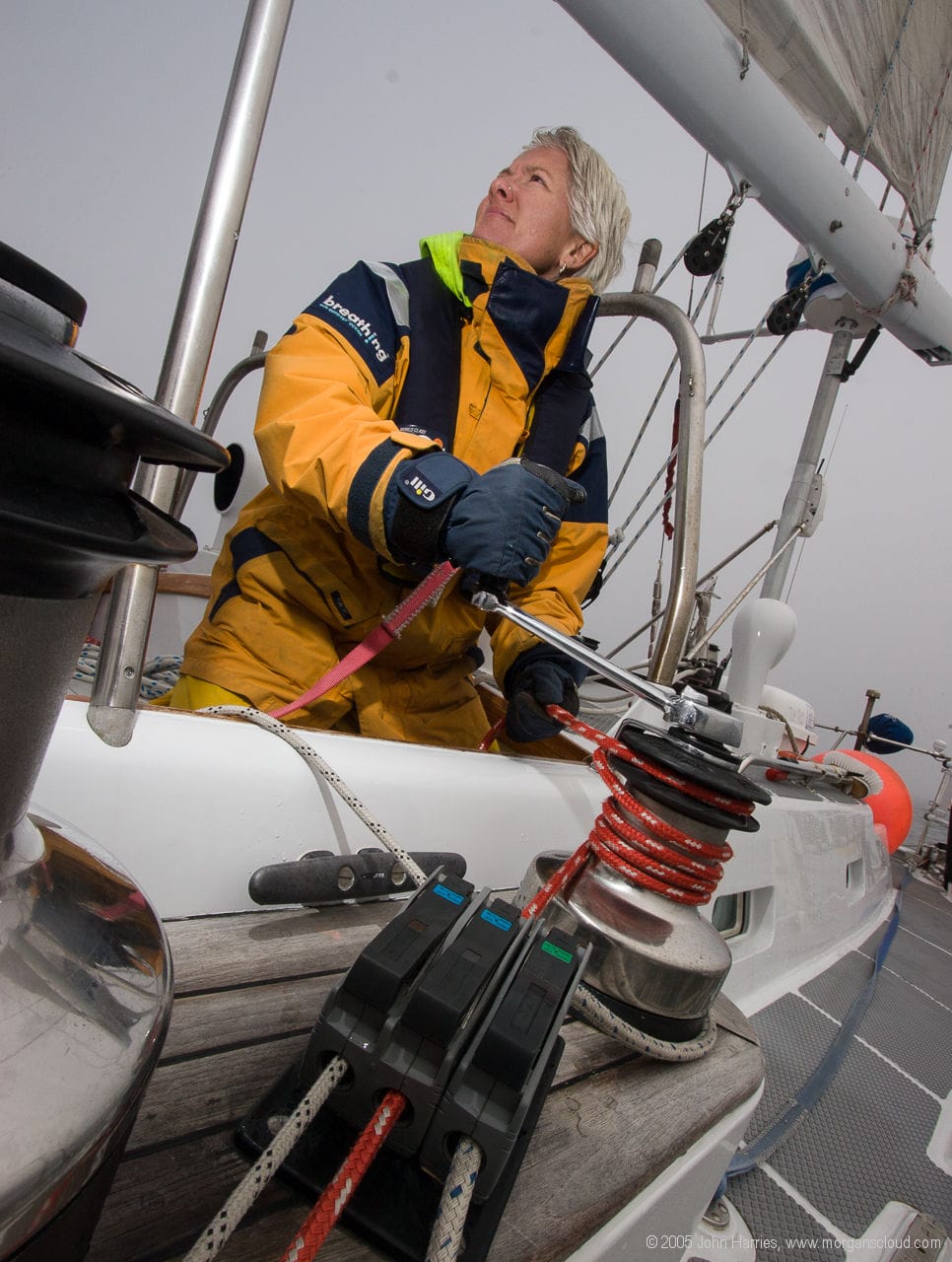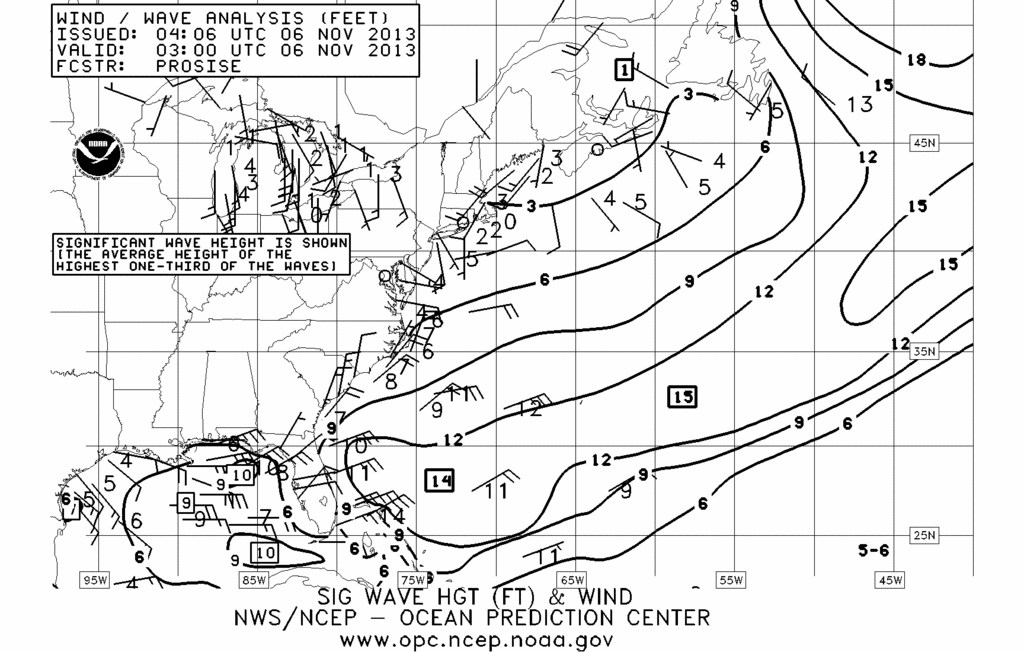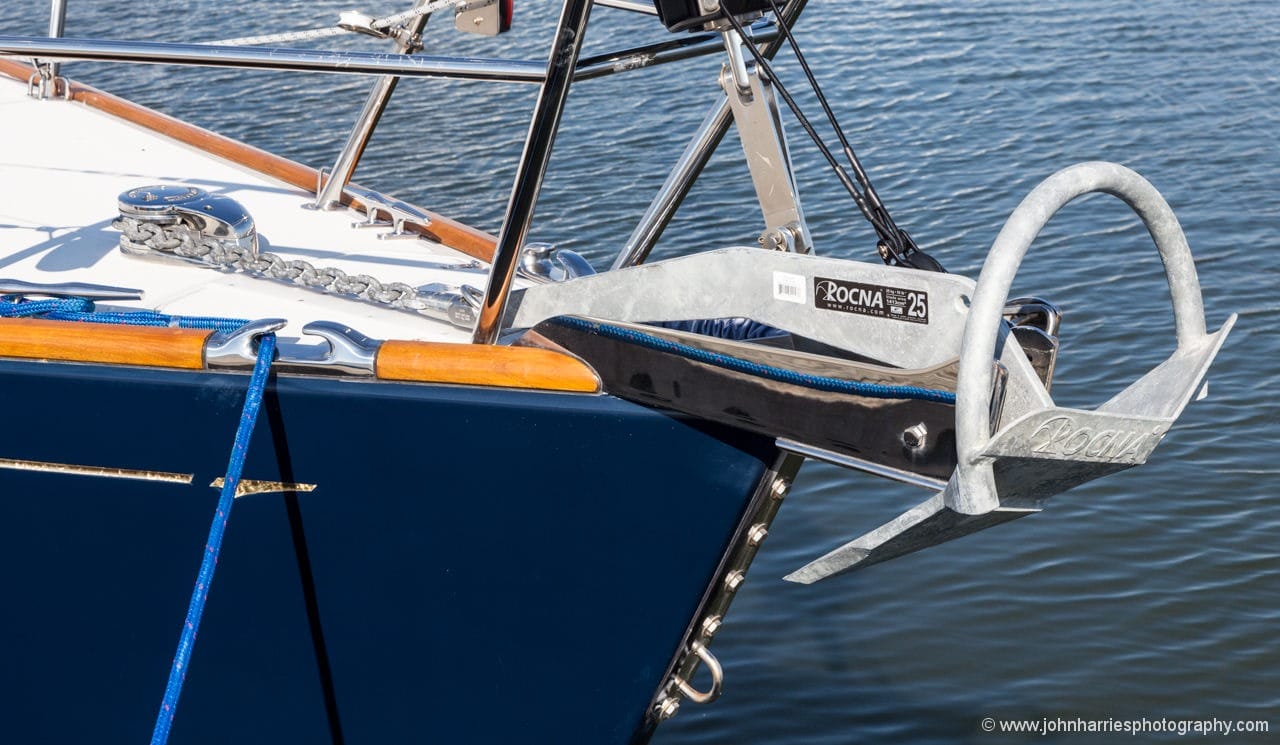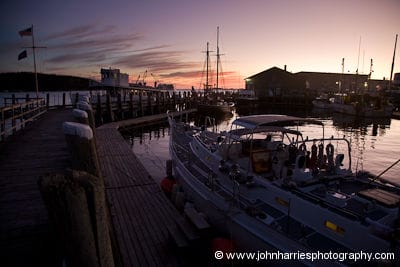Seamanship
Click for TOC or scroll down for details
Articles in this topic:
- 9 Tips To Select Seamanlike Gear
- When Stuff Goes Wrong At Sea
- Ocean Passaging—Turning Back Is Hard To Do
- Which Old Salts Should We Listen To? 10 Ways To Decide—Part 2
- Which Old Salts Should We Listen To? 10 Ways To Decide—Part 1
- Things Are Different Now
- 10 Things That Are Common On Offshore Cruising Boats…But Shouldn’t Be
- Practicing Seamanship Skills is Fun and Useful Too
- Seamanship is Hard to Do
- A Cool Thing I Just Learned
- The Crazy Fools…Who Don’t Drown
- The Only Five Knots You Need to Know
- 20 Myths About Offshore Sailing
- John & Phyllis’ 36 Immutable Rules of Seamanship
- Salty Dawg Rally—What The Hell?
- The Definition of Seamanship
- A Mariner’s 14 New Year’s Resolutions
- Laziness Never Goes Unpunished
- Clear The Decks For Action
- The Beauty Of Simplicity
- Anatomy Of An Accident
- Always Have A Way To Rest
- Laying-Up, A Break From Vigilence
-
9 Tips To Select Seamanlike Gear
26 CommentsReading Time: 11 minutesMembersRead more: 9 Tips To Select Seamanlike GearWhen we plan to head offshore in a cruising boat we need to think carefully and differently about how we equip the boat.
-
When Stuff Goes Wrong At Sea
55 CommentsReading Time: 11 minutesMembersRead more: When Stuff Goes Wrong At SeaIt’s easy to feel competent when things go well at sea in a yacht, but the real learning begins when stuff goes wrong.
-
Ocean Passaging—Turning Back Is Hard To Do
36 CommentsReading Time: 4 minutesMembersRead more: Ocean Passaging—Turning Back Is Hard To DoTurning back is hard, but sometimes it’s the only right thing to do. John tells some true stories about turning back.
-
Which Old Salts Should We Listen To? 10 Ways To Decide—Part 2
74 CommentsReading Time: 8 minutesMembersRead more: Which Old Salts Should We Listen To? 10 Ways To Decide—Part 2Here is Part 2 of John’s tips on how to decide which old salts to listen to, as well as how to decide between conflicting opinions expressed by experienced voyagers.
-
Which Old Salts Should We Listen To? 10 Ways To Decide—Part 1
65 CommentsReading Time: 9 minutesMembersRead more: Which Old Salts Should We Listen To? 10 Ways To Decide—Part 1Blindly following the teachings of old salts, no matter how experienced and well meaning they are, can lead to poor gear choices and big mistakes once out there. But how do we decide who to believe or between two conflicting opinions? John has ten tips that even the most inexperienced offshore sailor can use to make that easier.
-
Things Are Different Now
15 CommentsReading Time: 4 minutesFreeRead more: Things Are Different Now“Things are different now” is a mantra on “Morgan’s Cloud”. And never more so than now, as John and Phyllis try and act their age.
-
10 Things That Are Common On Offshore Cruising Boats…But Shouldn’t Be
54 CommentsReading Time: 7 minutesMembersRead more: 10 Things That Are Common On Offshore Cruising Boats…But Shouldn’t BeIt’s always easier not to fix our boats right, and using the excuse that everyone does it like this is a tempting way to excuse doing extra work and spending more money, but the sea does not recognize excuses.
-
Practicing Seamanship Skills is Fun and Useful Too
13 CommentsReading Time: 3 minutesFreeRead more: Practicing Seamanship Skills is Fun and Useful TooJohn muses on why doing basic seamanship tasks, like moving heavy weights safely and efficiently using only the boat’s own gear, are so satisfying…and why the practice is important too.
-
Seamanship is Hard to Do
47 CommentsReading Time: 5 minutesFreeRead more: Seamanship is Hard to DoSeamanship is a word that gets bandied about all the time in the cruising community. But what does seamanship really mean? John and Phyllis get a hard real-world reminder.
-
A Cool Thing I Just Learned
33 CommentsReading Time: 2 minutesFreeRead more: A Cool Thing I Just LearnedNo matter how long you have been around boats, there’s always something new to learn.
-
The Crazy Fools…Who Don’t Drown
18 CommentsReading Time: 4 minutesMembersRead more: The Crazy Fools…Who Don’t DrownJohn tells a story about an exceptional seaman, and what we can all learn from it about the seamanlike way to make decisions.
-
The Only Five Knots You Need to Know
75 CommentsReading Time: 8 minutesMembersRead more: The Only Five Knots You Need to KnowLearning to tie knots quickly is a vital seamanship skill. But the good news is that you only need to learn five simple knots.
-
20 Myths About Offshore Sailing
39 CommentsReading Time: 2 minutesFreeRead more: 20 Myths About Offshore SailingI’m constantly amazed by the number of accepted “facts” about offshore sailing that, when subjected to rigorous analysis, turn out to be wrong. Here are 20 such myths.
-
John & Phyllis’ 36 Immutable Rules of Seamanship
62 CommentsReading Time: 5 minutesMembersRead more: John & Phyllis’ 36 Immutable Rules of SeamanshipWe start this Online Book with a list of important seamanship rules.
-
Salty Dawg Rally—What The Hell?
88 CommentsReading Time: 5 minutesFreeRead more: Salty Dawg Rally—What The Hell?I suspect that this post is not going to make me popular, but I’m seething about what’s happening with these rallies and offshore voyaging in general, so here goes—brace yourselves. What the heck is going on here? As I understand it, 116 boats were registered in the Salty Dawg Rally and at least five of […]
-
The Definition of Seamanship
30 CommentsReading Time: 2 minutesFreeRead more: The Definition of SeamanshipWe offshore sailors tend to throw the word seamanship around with gay abandon, but what does it really mean? I have been thinking about that a lot lately. Here’s my definition.
-
A Mariner’s 14 New Year’s Resolutions
52 CommentsReading Time: 3 minutesFreeRead more: A Mariner’s 14 New Year’s ResolutionsI have got to the age where I’m comfortable with my bad habits and so the standard New Year’s resolutions hold little interest for me—I’m simply not giving up whisky* or chocolate. But as a voyaging sailor, I know that forgetting the basic rules of seamanship can be the slippery road to disaster. And even after […]
-
Laziness Never Goes Unpunished
29 CommentsReading Time: 4 minutesMembersRead more: Laziness Never Goes UnpunishedLaziness is the single biggest enemy of good seamanship. Here’s an example of when I was lazy…and paid the price. But really, I got off light, it could have been a lot worse.
-
Clear The Decks For Action
54 CommentsReading Time: 5 minutesMembersRead more: Clear The Decks For ActionThere are few things more unseamanlike than a lot of clutter on deck. But, on the other hand, we all like our toys. Here are some thoughts (with photographs) on the things you really don’t want to festoon your boat with.
-
The Beauty Of Simplicity
24 CommentsReading Time: 5 minutesMembersRead more: The Beauty Of SimplicityToday our boats are more complex than ever before. And yes, there are benefits that go along with some of this complexity. But, as a general rule, simple is almost always more seamanlike than complicated.
-
Anatomy Of An Accident
22 CommentsReading Time: 3 minutesFreeRead more: Anatomy Of An AccidentIt was 4:00 am on a black early morning anchored at Cape Lookout Harbour when Phyllis and I were awoken by a crash from up forward followed by a sickening scraping sound. A quick look out the companionway showed the outline of another sailboat reversing away from our bow. The outline looked a lot like […]
-
Always Have A Way To Rest
9 CommentsReading Time: < 1 minuteFreeRead more: Always Have A Way To RestThere is so much about this story (originally reported in Cruising Compass but no longer available) that worries me that it is hard to know where to start: A single-handed sailor abandoned his boat because he was totally exhausted from three days of hand steering, not because there was anything wrong with the boat.
-
Laying-Up, A Break From Vigilence
0 CommentsReading Time: 2 minutesFreeRead more: Laying-Up, A Break From VigilencePhyllis and I just finished laying-up Morgan’s Cloud for the winter at Billings Diesel and Marine in Maine, where we will be replacing the engine. As always, we are sad to move off the boat, which, over the last 18 years, has become more our home than any place else.


